Tenants and Landlords Decry Rent Board Hike of Up to 5 Percent for Stabilized Apartments
Confirming a preliminary vote in May, the New York City Rent Guideline Board voted Tuesday to approve a range of increases in rent-stabilized buildings affecting more than 2 million tenants across the city.

Prospect Lefferts Gardens. Photo by Susan De Vries
Confirming a preliminary vote in May, the New York City Rent Guideline Board voted Tuesday to approve a range of increases in rent-stabilized buildings affecting more than 2 million tenants across the city.
Renters with one-year leases can expect a 3.25% jump in their rents, while those with two-year leases will see rents the climb 5%.
The vote of the board — composed of nine mayor-appointed members which include two landlords, two tenants and five are considered public members — disappointed plenty of tenants and rental advocates.
“I waited to see how this allegedly neutral process would unfold and frankly, I’ve seen enough,” said board Tenant Member Adán Soltren, as he expressed his disappointment in the increase vote on June 21. “Despite all our good faith efforts, the public members [of this board] decided that rather than listen, digest and make informed decisions, they’d rather keep moving the goalpost. People on this board today are choosing to continue to uphold a racist, classist system that pushes Black and Brown people and low and moderate income working families into cyclic poverty and out of their homes.”
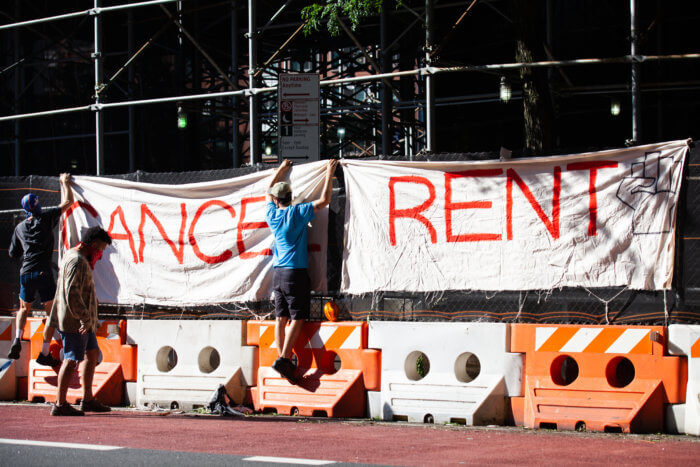
Board Public Member Christian Gonzalez-Rivera also condemned the vote, and addressed the statements made by fellow board members indicating that the only way for property owners to cover their operating expenses is to increase rent – even if the increase means tenants cannot afford to live in the units.
“Landlord representatives that told us [the Rent Guideline Board] at these hearings that, since the HSTPA (Housing Stability and Tenant Protection Act of 2019) closed their alternative avenues of raising rents beyond the levels that are voted on by this board, that they now depend on high enough increases from this board in order to keep up with increases in operating expenses,” said Gonzalez-Rivera. “This is simply not true. The only way that this could be true is if you think of the rent-stabilized housing market as a closed system, where the only input is rent.”
Board members said they had no other choice but to increase rents.
“This process is unfortunate,” said Owner Member Robert Ehrlich, in defense of the Board’s decision. “This board has been given the very difficult task of administering a rent adjustment virtually guaranteeing that both renters and their housing providers will lose. This happens every year. The cost of housing continues to go up, elected officials do little to nothing to stop it, and yet this board is tasked with making an impossible decision.”
Fellow Owner Member Christina Smyth also chimed in with a defense of the vote.
“As a board, if we keep rents significantly lower than operating expenses, we are risking the decay of rent-stabilized housing,” said Smyth. “Our own data shows us that this is starting to happen. We are seeing less long-term capital investments in maintenance, and when you factor in mortgage payments roughly half of the building is worth more than 80% of stabilized housing, our end is stressed. Our vote today is out of necessity, to find balance between the tenants’ burden to pay and a property owner’s ability to maintain housing that is safe, clean and livable. But whatever we do, nobody wins.”
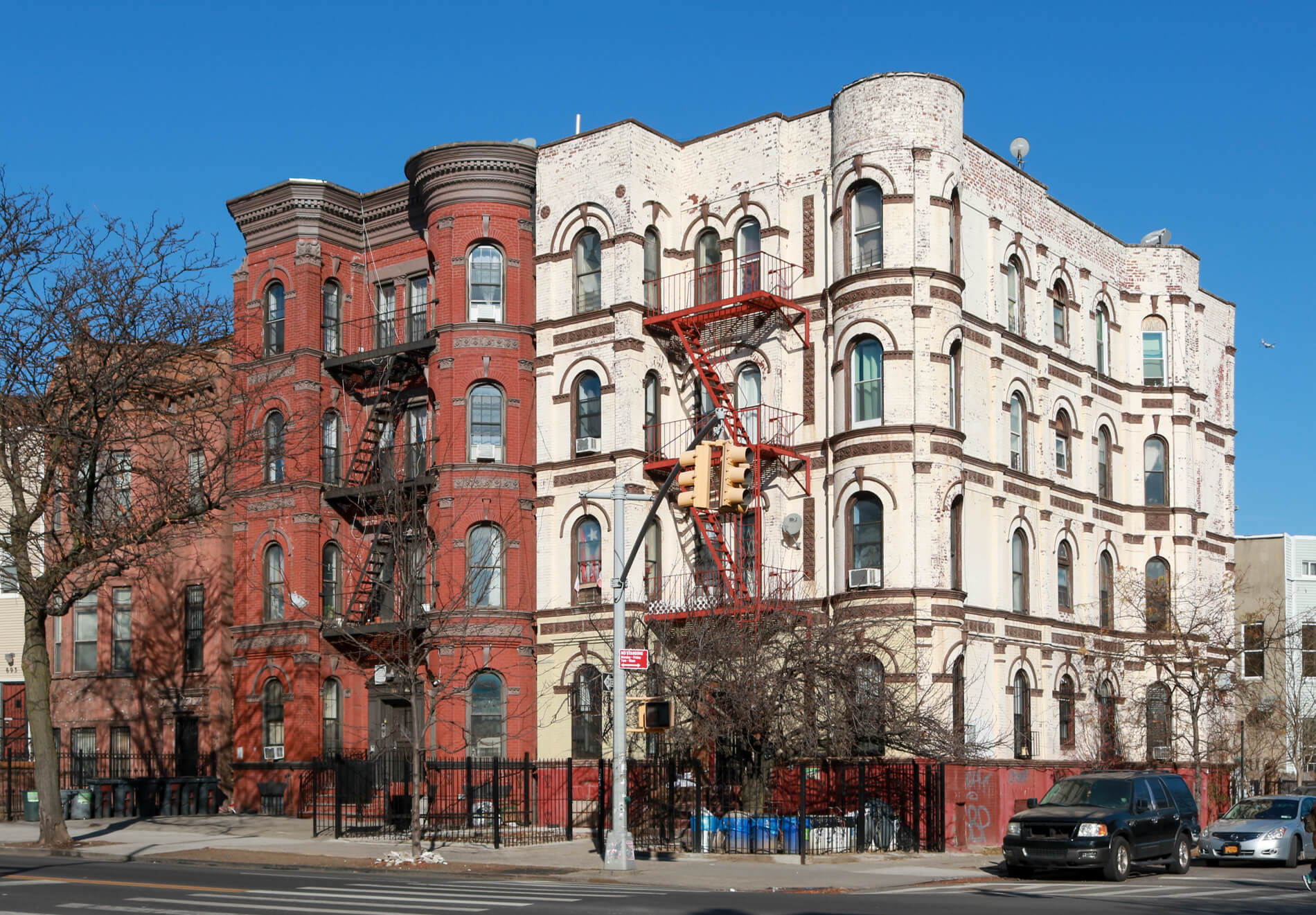
Still, Mayor Eric Adams blasted the approved increase as a burden for tenants, but also a way to save small landlords at risk of financial ruin.
“While we raised our voices and were successful in pushing the increases lower, the determination made by the Rent Guidelines Board today will unfortunately be a burden to tenants at this difficult time — and that is disappointing,” said Adams following the June 21 vote. “At the same time, small landlords are at risk of bankruptcy because of years of no increases at all, putting building owners of modest means at risk while threatening the quality of life for tenants who deserve to live in well-maintained, modern buildings. This system is broken, and we cannot pit landlords against tenants as winners and losers every year.”
Adrienne Holder, chief attorney of the Civil Practice at The Legal Aid Society, also condemned the vote.
“Tonight’s shameful vote, one which was likely predetermined, to increase rents on our most vulnerable neighbors is unconscionable, and many families will suffer as a result,” Holder said. “Certain members of the Board, especially the Chair, ignored the countless cries from tenants, the majority of whom are from communities of color, across the boroughs who are barely scraping by, disproportionately affected financially by the pandemic and paying exorbitant costs for groceries, medical care and other essential needs.”
Editor’s note: A version of this story originally ran in amNY. Click here to see the original story.
Related Stories
- Rent Board Proposes Substantial Increases for Stabilized Apartments, Citing Rising Costs
- Rent Stabilized Tenants Likely to Face Rent Hikes of Up to 6 Percent Following Divisive Rent Boards Vote
- Housing Costs Heading Toward Record Highs After Pandemic Decreases
Email tips@brownstoner.com with further comments, questions or tips. Follow Brownstoner on Twitter and Instagram, and like us on Facebook.

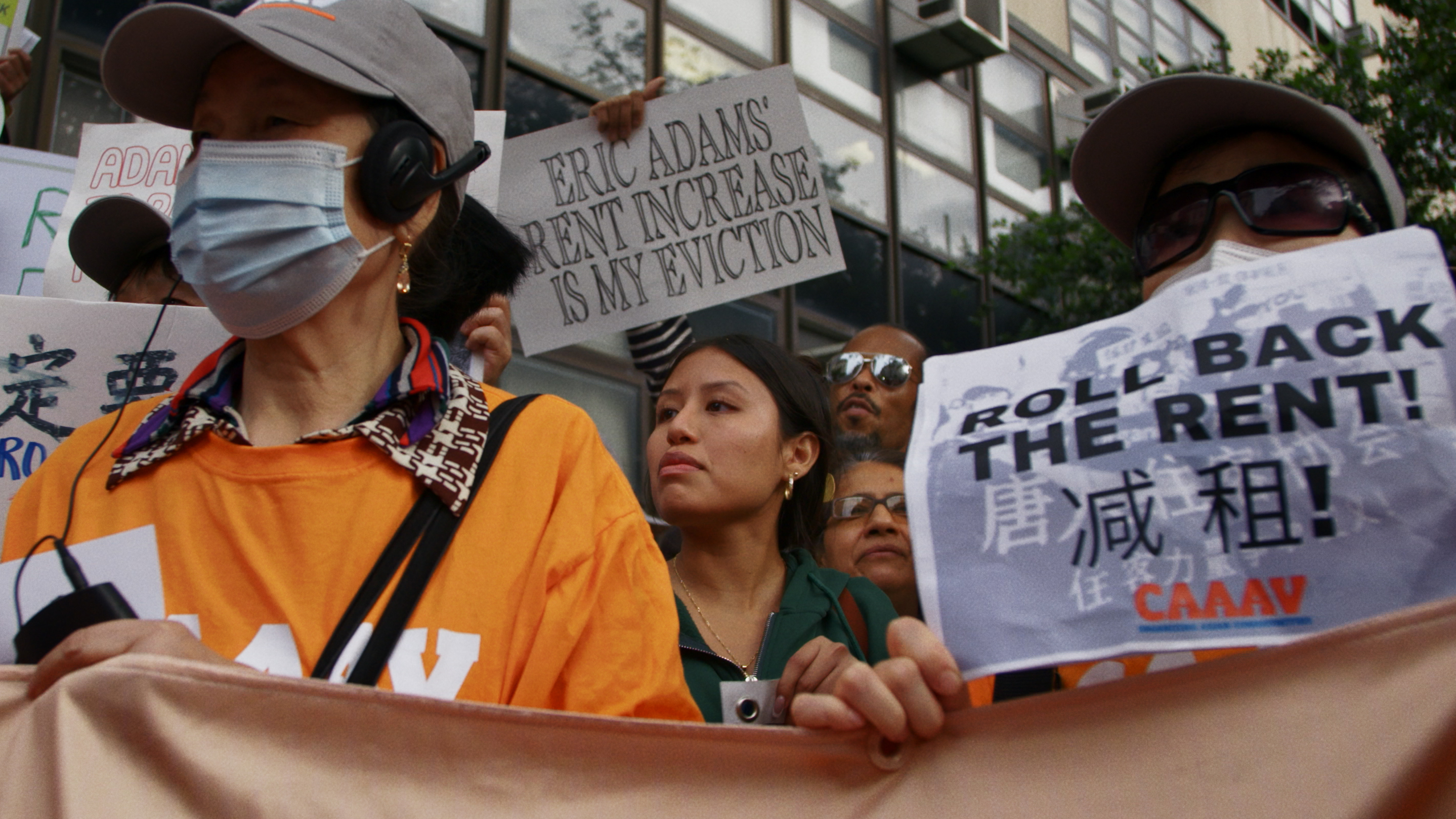
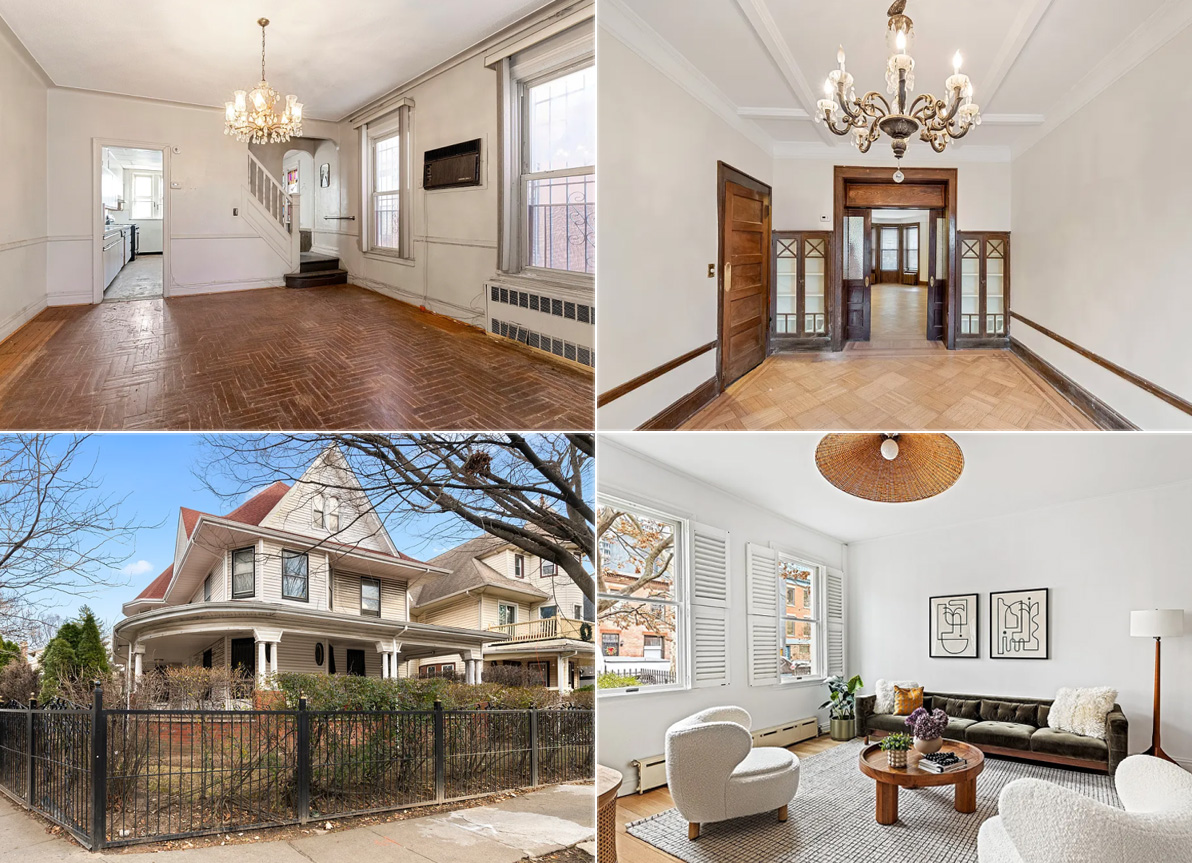
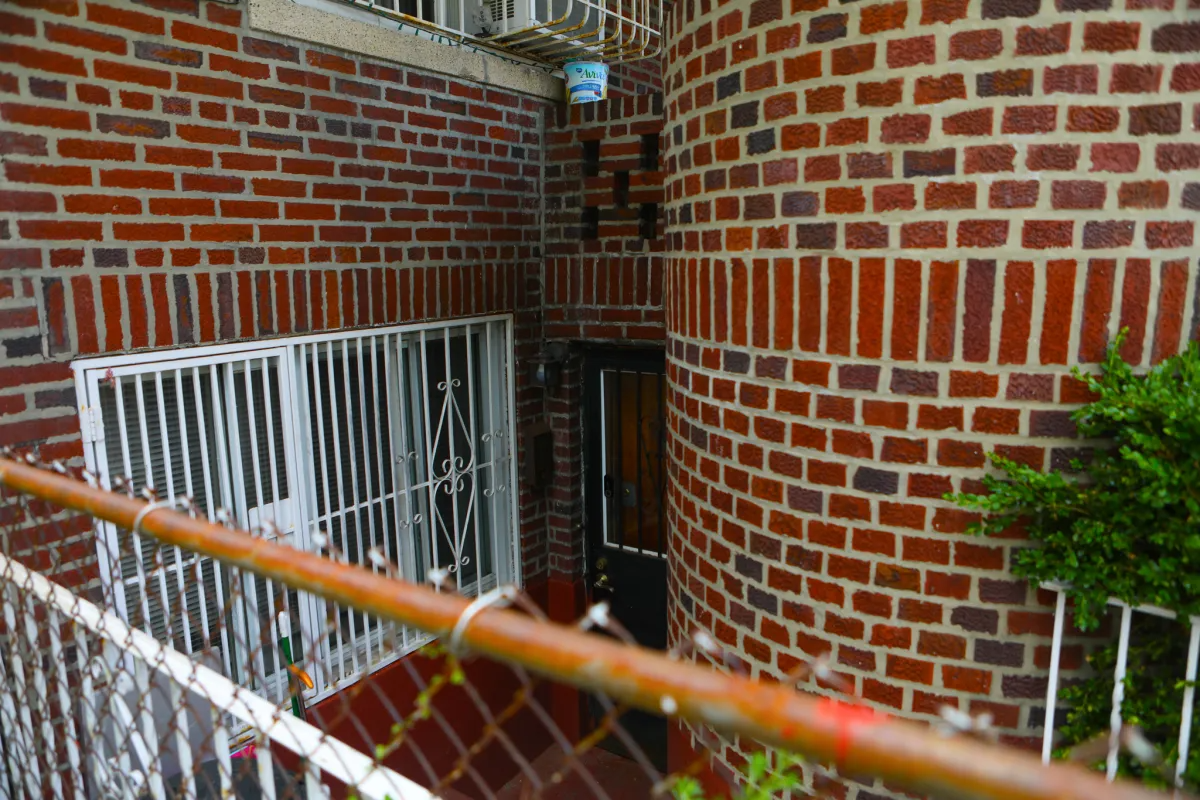
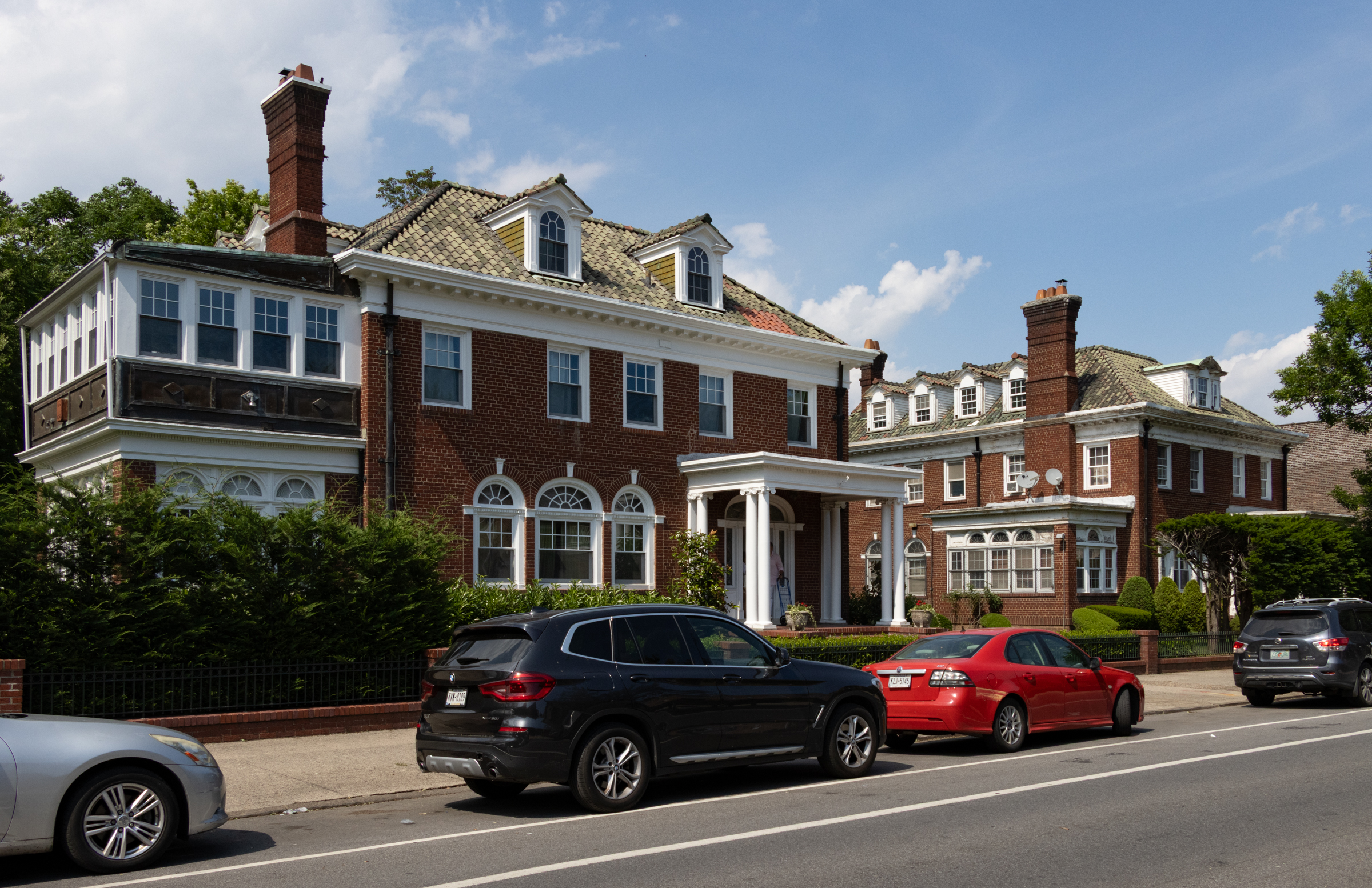
What's Your Take? Leave a Comment